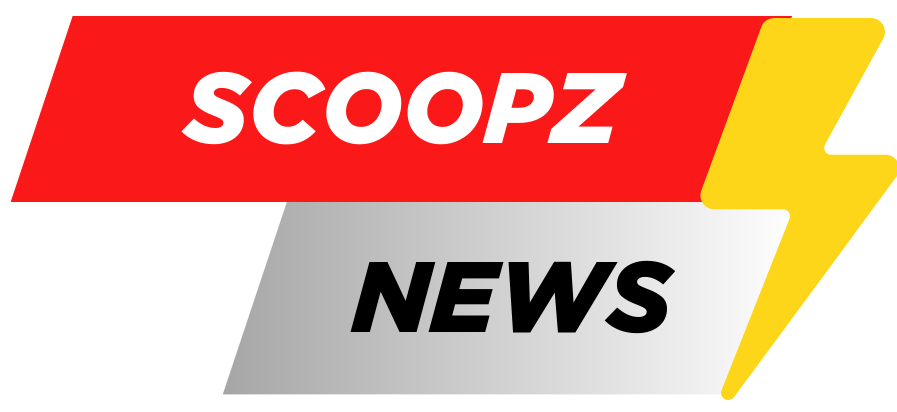Eli Lilly headquarters in Indianapolis, Indiana, US, on Wednesday, May 3, 2023. Eli Lilly & Co.’s shares climbed in early US trading after its experimental drug for Alzheimer’s slowed the progress of the disease in a final-stage trial, paving the way for the company to apply for US approval.
AJ Mast | Bloomberg | Getty Images
A panel of independent advisors to the Food and Drug Administration on Monday recommended Eli Lilly‘s Alzheimer’s drug donanemab, paving the way for the treatment to receive full approval in the U.S. later this year.
The FDA typically follows the recommendations of its advisory panels but is not required to do so. If cleared for use, Eli Lilly’s donanemab would become the second Alzheimer’s drug of its kind currently on the U.S. market after another treatment called Leqembi from Biogen and its Japanese partner Eisai.
An approval would expand the now limited treatment options for the more than 6 million Americans who have Alzheimer’s, the fifth-leading cause of death for adults over 65.
In a first vote, 11 committee members unanimously said available data on the drug shows that it is effective at treating Alzheimer’s patients at the early stages of the mind-wasting disease. But several advisors noted that more data is needed on donanemab in Black and Hispanic patients, among other groups.
In a second vote, advisors unanimously said the benefits of Eli Lilly’s donanemab outweigh its risks.
“There’s a huge unmet medical need here that hopefully can be addressed,” temporary committee member Sarah Dolan said during a meeting on Monday. Dolan is a consultant for the non-profit organization Critical Path Institute, which aims to improve the drug development process.
Eli Lilly is “pleased” with the panel’s recommendation and looks forward to bringing the treatment to patients, Mark Mintun, group vice president of neuroscience research and development at Eli Lilly, said in a statement.
The recommendation follows snags Eli Lilly faced in bringing the treatment to market.
The FDA in March called a last-minute meeting of an advisory panel to further review the safety and efficacy of Eli Lilly’s drug in a late-stage trial, just weeks before the agency’s deadline to rule on the treatment.
It was another blow to Eli Lilly, which initially expected donanameb to win approval at the end of last year. The FDA also rejected the drug in January last year, saying it had insufficient data to greenlight it.
The FDA appears to be reviewing donanemab more cautiously after its polarizing approval of the ill-fated Alzheimer’s drug, Aduhelm, from Biogen and Eisai. The agency granted accelerated approval to that treatment despite a negative recommendation from an advisory panel.
Biogen and Eisai have since dropped the drug.
Leqembi and donanemab are milestones in the treatment of Alzheimer’s after three decades of failed efforts to develop medicines that can fight the fatal disease.
Both drugs are monoclonal antibodies that target amyloid plaque in the brain, considered a hallmark of Alzheimer’s, to slow the progression of the disease in patients at the early stages of it.
But neither of the treatments are cures.
Drugs that target and clear amyloid plaque can also cause brain swelling and bleeding in patients, which in some cases can be severe and even fatal. Three patients who took Eli Lilly’s drug in a late-stage trial died from severe cases of those side effects, called amyloid-related imaging abnormalities, or ARIA.
A host of hurdles has slowed Leqembi’s rollout since its approval in July, including the steps needed to diagnose Alzheimer’s and monitor and handle the weekly infusions required with the drug. Biogen and Eisai signaled in April that they are seeing adoption pick up.
In a note Sunday, Leerink Partners analyst David Risinger said he expects limited commercial adoption of donanemab relative to Leqembi because Eli Lilly’s drug has “more safety liabilities” and will be less convenient, since it is administered once a month through the veins. That is a method known as intravenous infusion.
Leqembi is currently administered through twice-monthly infusions, but Biogen expects to launch an injectable version of the drug next year, Risinger noted. He expects donanemab to rake in $500 million in sales by the end of the decade.
How effective is Eli Lilly’s Alzheimer’s drug?
Eli Lilly’s phase three trial on more than 1,700 patients found that donanemab slowed the progression of Alzheimer’s by 29% compared to a placebo after around 18 months, based on a traditional tool used to measure the severity of dementia.
Those results are comparable to those seen with Leqembi.
Patients in Eli Lilly’s phase three trial needed to test positive on a PET scan for amyloid plaque and another protein in the brain called tau, which is thought to be a marker of Alzheimer’s severity. People with no or very low levels of tau were not included in the primary analysis of the trial because researchers thought their disease was less likely to progress during the study.
Eli Lilly’s trial mainly focused on patients with low-to-medium levels of tau, who appeared to benefit more from the treatment than those with high tau.
Westend61 | Westend61 | Getty Images
Eli Lilly argued that patients should be tested for amyloid plague to be eligible for the drug, but not for tau. The company said it tested for tau in the trial to enroll patients whose condition was expected to worsen, which made it more likely for the study to “clearly determine” the drug’s effect.
Most advisors agreed that tau tests should not be required to access donanemab because it would likely restrict the population who can benefit from the drug.
“From a very practical perspective, I think this would be not a wise thing to to have as a barrier,” said temporary committee member Dr. Kathleen Poston, a professor in neurology, neurological sciences and neurosurgery at Stanford University, during the meeting on Monday.
Patients taking Eli Lilly’s drug in the trial were eligible to switch over to a placebo if amyloid levels in their brains fell below a certain threshold. By the end of the trial, 60% of participants on donanemab were able to stop treatment.
Dolan said allowing patients to discontinue the drug when enough amyloid has been cleared could be a “motivational factor” for patients to comply with their infusions and regular testing.
Risks of brain swelling, bleeding
Around 24% of trial participants who took donanemab experienced brain swelling, while 31% experienced brain bleeding.
The majority of those ARIA cases were mild to moderate, as 6% of participants with brain swelling and 1% with brain bleeding experienced symptoms. They included headache, confusion, dizziness, nausea and in rare cases, seizures.
Serious cases occurred in 1.5% of patients with brain swelling and less than 1% with brain bleeding.
If donanemab is approved, FDA staff said they expect the drug’s label to include a strong “boxed” warning about the risks of brain swelling and bleeding, especially for people with two copies of a gene called ApoE4. They also expect recommendations for MRIs to monitor for those side effects in patients, among other strategies.
That is consistent with Leqembi’s approval label.
There were 19 deaths in participants on donanemab, including the three attributed to Eli Lilly’s drug, within the 18-month trial, according to a final analysis of data by FDA staff. That compares to 16 deaths in patients on placebo, reflecting a smaller imbalance in the number of deaths between people who took donanemab and those who didn’t.




